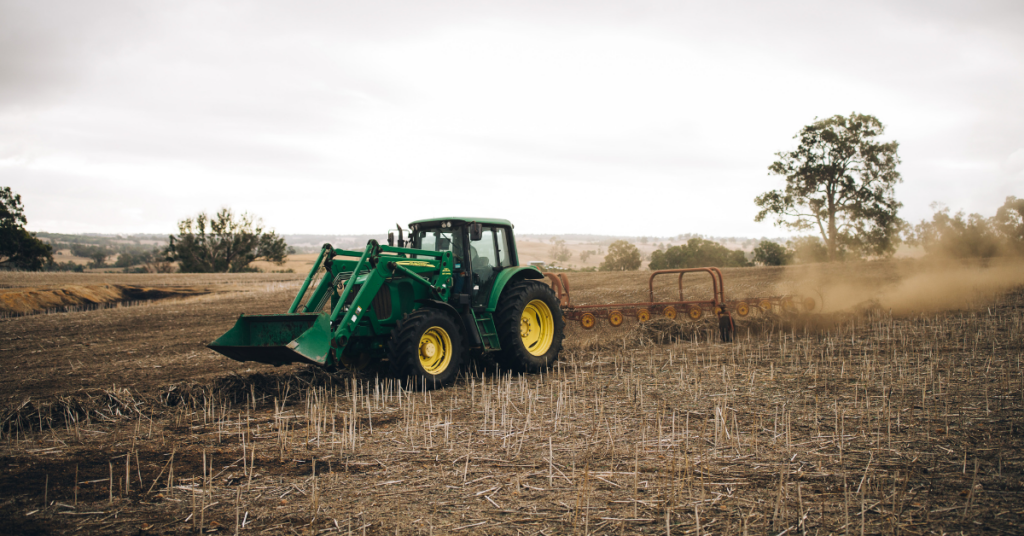
More than 90 per cent of the food Australians consume is produced domestically so it is imperative that as the agricultural industry works to reduce its contribution to greenhouse gas emissions by helping farmers adopt new more climate-friendly practices, government support is available during the transition to ensure business viability and food supply is maintained – even amidst the additional threat to our producers posed by the changing climate.
The announcement last week by the Federal Government of a $302 million investment in building the sustainability of Australian agriculture and assisting with the sector’s adaptation to climate change has therefore been warmly welcomed by Bunbury-based peak environmental body South West NRM.
Having delivered multi-million dollar projects as an appointed Regional Delivery Partner for the Australian Government over the past 20 years, South West NRM Board Chair Karen Boyce said she was hopeful that via the newly-announced funding, South West NRM could continue standing shoulder to shoulder with farmers on Australia’s journey to a net zero economy.
“Our team of experts includes a Sustainable Agriculture Program Manager who is there to help farmers learn about and adopt new technology and management techniques in sustainable agriculture,” Karen said.
Sustainable Agriculture Program Manager Peter Clifton said: “Recently we completed soil sampling at 10 farms across the South West region, as part of a program aimed at helping farmers to measure, benchmark and build soil carbon and reduce their carbon footprint.
“Another project, run with our delivery partners, involves pasture growth trials with the aim of encouraging detailed soil testing to reduce over-watering and over-fertilising.”
In announcing the new funding, Agriculture, Fisheries and Forestry Minister Murray Watt said a new Climate-Smart Agriculture Program would be delivered nationally via the Natural Heritage Trust – the government’s key investment platform for achieving its natural resource management, sustainable agriculture and environment protection outcomes.
“It positions farmers and landholders to adapt to the emerging and anticipated challenges of climate change, embrace sustainable agriculture practices and develop their sustainability credentials,” Minister Watt said.
“Looking after our natural resources and responding to climate change has never been more important, for our economy, for our regional communities, and for our trade.”
